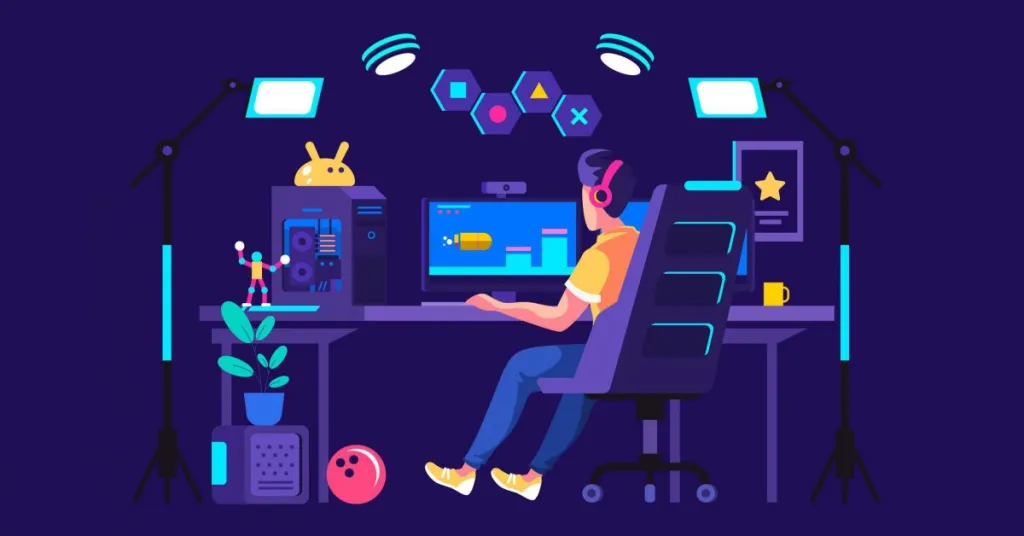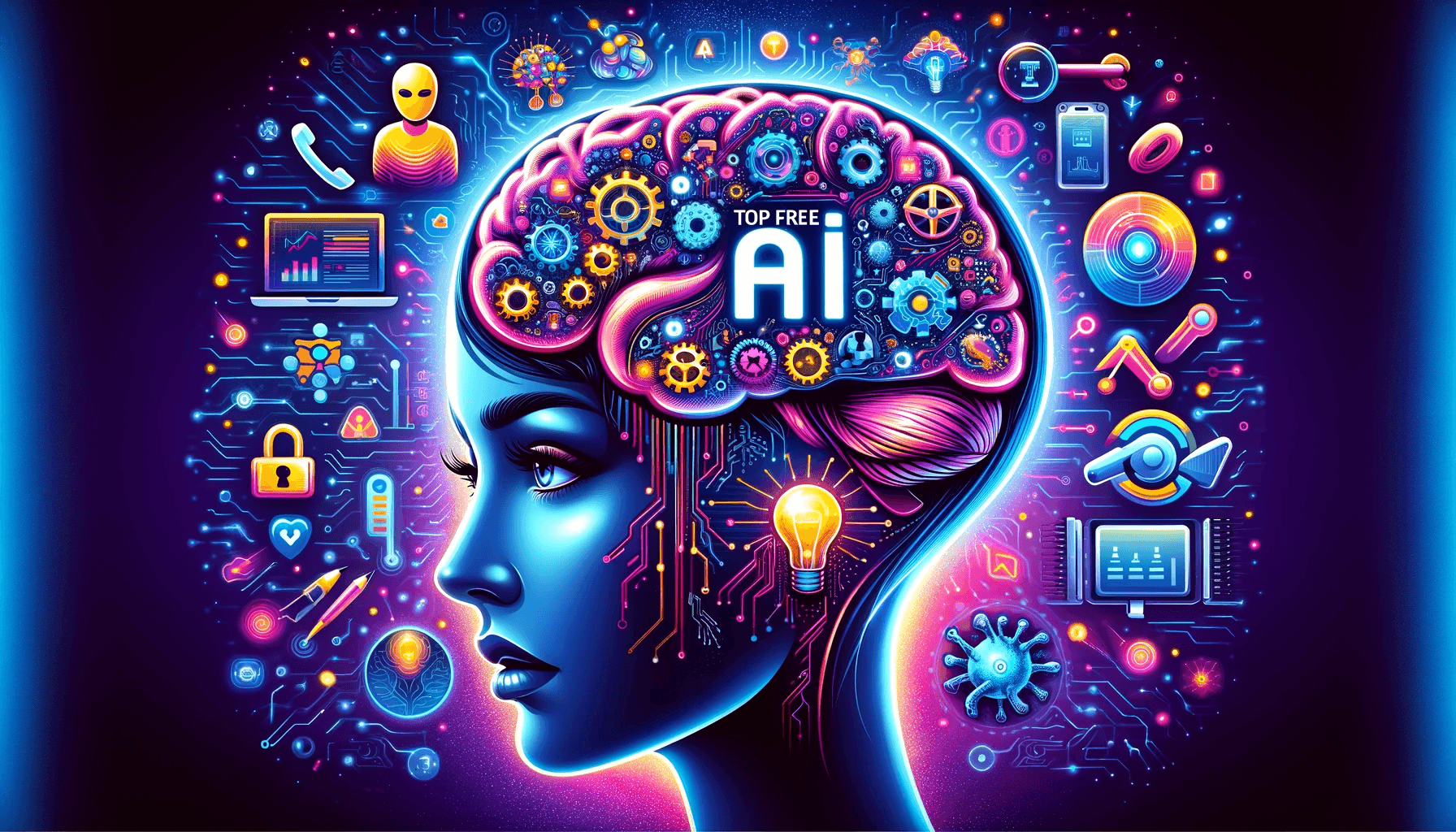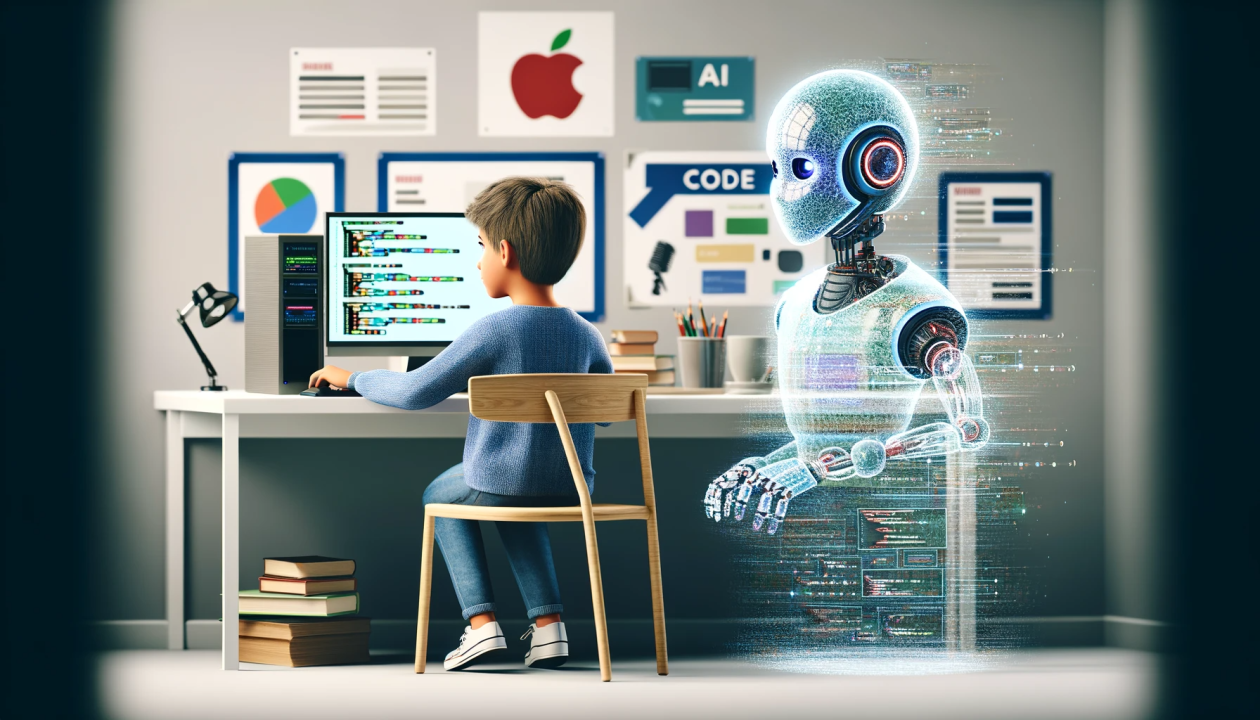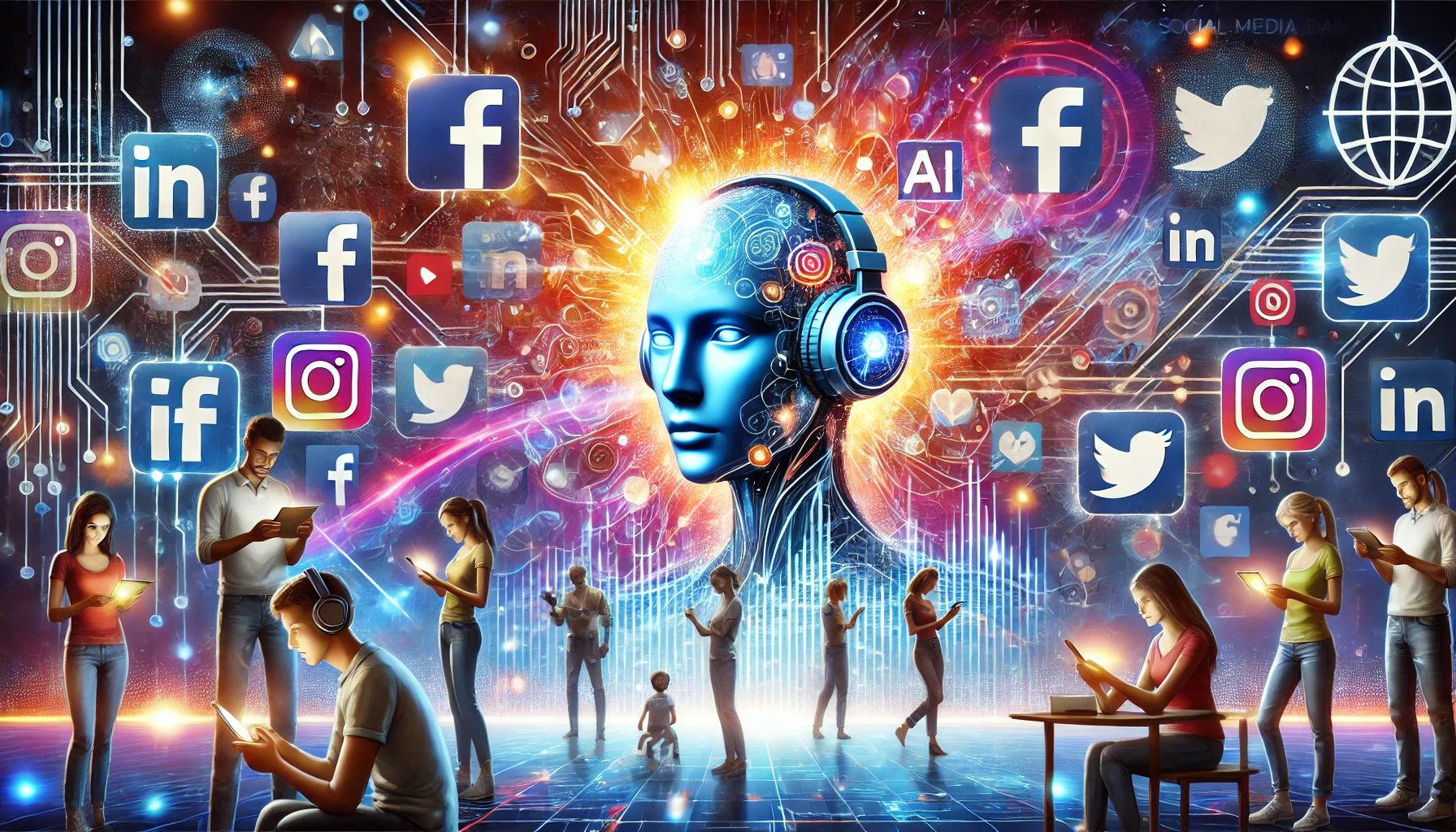Artificial Intelligence (AI) is revolutionizing the gaming industry, driving more immersive, intelligent, and personalized experiences for players worldwide. As AI technologies continue to evolve, they are reshaping game design, character behavior, and player interaction in groundbreaking ways.
How is AI Transforming Gaming?
AI in gaming goes beyond simple scripted behavior. It now powers complex systems that can adapt, learn, and respond in real time, creating more dynamic and engaging gameplay. From smarter non-player characters (NPCs) to AI-assisted game development, the innovations are both technical and creative.
Key Innovations in AI in Gaming
Smarter NPCs and Adaptive Gameplay
Modern AI enables non-player characters to behave in more realistic and unpredictable ways. NPCs can now learn from player actions, adapt their strategies, and provide more challenging and immersive experiences. Games like Middle-earth: Shadow of Mordor introduced AI systems where enemies remembered past encounters, adding emotional depth to the gameplay.
Procedural Content Generation
AI-driven procedural generation allows games to create unique levels, environments, and scenarios on the fly. This technique keeps gameplay fresh and extends replay value. Popular games like Minecraft and No Man’s Sky use procedural algorithms to craft vast, ever-changing worlds.
Personalized Player Experiences
AI analyzes player behavior to customize gaming experiences, offering tailored difficulty levels, recommendations, or story paths based on individual preferences. This level of personalization keeps players more engaged and enhances long-term satisfaction.
Realistic Visuals and Animations
AI assists in generating lifelike animations, realistic facial expressions, and fluid character movements. Machine learning models can predict and simulate how characters should react in different situations, making visual storytelling more convincing.
AI-Enhanced Game Testing
Developers now use AI to automate game testing, quickly identifying bugs, glitches, and balancing issues. AI-driven quality assurance speeds up the development process and improves the overall polish of the final game.
Voice and Dialogue Systems
AI is powering more natural, dynamic conversations with in-game characters. Voice synthesis and real-time dialogue generation make interactions feel more authentic and less repetitive, enhancing role-playing and narrative-driven games.
AI in Esports and Game Streaming
AI is transforming esports by providing advanced analytics, real-time strategy suggestions, and even AI-powered commentators. In game streaming, AI helps recommend content, moderate chats, and improve viewer engagement.
Challenges and Considerations
While AI introduces exciting possibilities, there are key challenges to address:
- Ethical AI Use: Ensuring AI behaviors do not manipulate players unfairly or create addictive mechanics.
- Bias and Fairness: Making sure AI systems do not inherit biases that could impact player experience or representation.
- Balancing Realism and Fun: AI should enhance gameplay without making it too complex or frustrating for players.
Conclusion
Innovations in AI are shaping the future of gaming, making it more intelligent, adaptive, and player-centric. From smarter characters to personalized journeys, AI is opening new creative pathways for developers and delivering richer, more immersive experiences for players. As the industry moves forward, balancing technological advancement with ethical design will be essential to create games that are not only innovative but also fair and inclusive.







Leave feedback about this